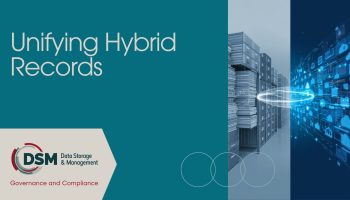The General Data Protection Regulation (GDPR) is a comprehensive data protection regulation that applies to all organisations operating within the EU, as well as those outside the EU that offer goods or services to EU residents. For financial services and accountants, understanding and adhering to the GDPR principles is crucial for ensuring compliance and protecting client data. Here are the key GDPR principles with illustrative examples relevant to the financial sector.
Lawfulness, Fairness, and Transparency
Data must be processed lawfully, fairly, and in a transparent manner. Organisations must inform individuals about how their data is being used.
Example: A financial advisor collects personal data from clients to provide investment advice. The advisor must inform clients about how their data will be used, obtain their consent, and ensure that the data is used only for the stated purpose.
Purpose Limitation
Data should be collected for specified, explicit, and legitimate purposes and not further processed in a manner that is incompatible with those purposes.
Example: An accounting firm collects client data to prepare tax returns. This data should not be used for marketing purposes unless the client has explicitly consented to such use.
Data Minimisation
Only data that is necessary for the intended purposes should be collected and processed.
Example: A bank requires customers to provide identification and financial information to open an account. The bank should only collect the information necessary to verify identity and assess financial status, avoiding unnecessary data collection.
Accuracy
Personal data must be accurate and kept up to date. Inaccurate data should be corrected or deleted without delay.
Example: A mortgage broker maintains records of clients’ financial information. If a client updates their income or employment status, the broker must promptly update the records to ensure accuracy.
Storage Limitation
Data should be kept in a form that permits identification of individuals for no longer than is necessary for the purposes for which the data is processed.
Example: An insurance company retains policyholder information for the duration of the policy and a specified period thereafter for legal and regulatory purposes. Once this period expires, the data should be securely deleted.
Integrity and Confidentiality
Personal data must be processed in a manner that ensures appropriate security, including protection against unauthorised or unlawful processing and against accidental loss, destruction, or damage.
Example: An investment firm uses encryption and secure access controls to protect client data stored in its digital systems. Regular security audits are conducted to identify and address potential vulnerabilities.
Accountability
Organisations must be able to demonstrate compliance with these principles and take responsibility for their data processing activities.
Example: A credit union implements a comprehensive data protection policy and regularly trains employees on GDPR compliance. The credit union maintains records of data processing activities and conducts regular audits to ensure adherence to GDPR principles.
Conclusion
Adhering to the GDPR principles is essential for financial services and accountants to ensure compliance and protect client data. By understanding and implementing these principles, organisations can build trust with their clients, enhance data security, and avoid legal repercussions. Regular training, robust data management policies, and continuous monitoring of regulatory changes are key to maintaining GDPR compliance.
This blog post provides general information and best practices for understanding GDPR principles. It is not intended as legal advice. For specific legal guidance, please consult with a qualified legal professional.
To learn more about how DSM can help you implement these best practices, contact us today. Our experts are here to assist you in developing a robust records management strategy tailored to your needs.













